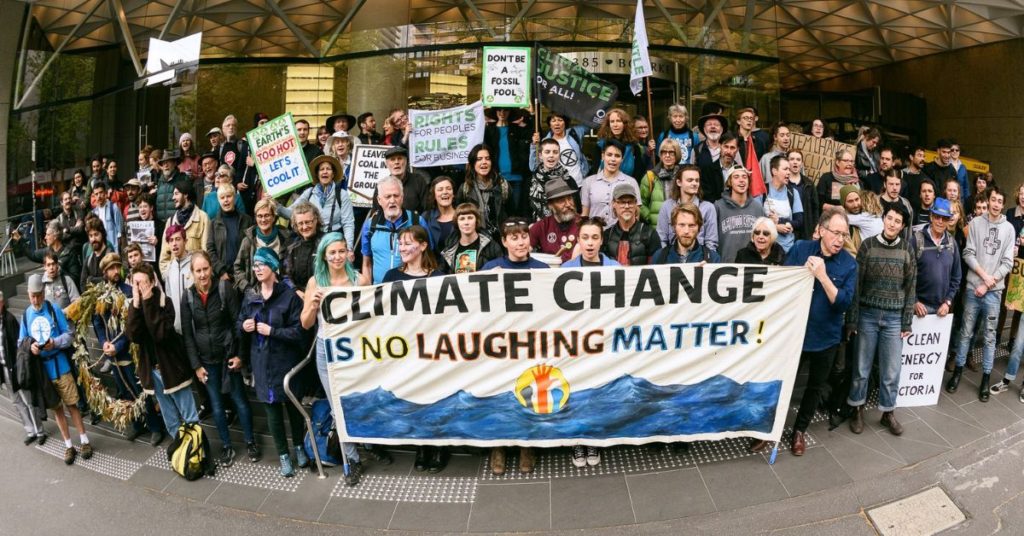State and federal energy ministers were in a celebratory mood [last] Friday, hailing the most productive and consequential meeting that any of them can remember. And the relief felt throughout the industry was immense too. “It’s a complete reset,” said one industry leader. “It’s transformational,” said another.
The three big decisions taken at Friday’s lengthy meeting in Canberra reflect both the urgency to act and the frustration of a “lost decade” under the Coalition government, and they provide renewed hope that Australia’s green energy transition can, in fact, match the science rather than incumbent business plans.
Key among them […] is the decision to put environment and emissions reduction into the National Electricity Objective, more than two decades after it was dropped by the Howard government under pressure from the fossil fuel lobby.
This is a critically important move because it sweeps away the sham of the Coalition’s “technology neutral” approach – a complete nonsense if the goal is to cut emissions – and it will avoid a repeat of some of the frankly crazy decisions made by regulators and rule makers when the environment is ignored.
Federal energy minister Chris Bowen pointed to one of them on Sunday, the proposed replacement of two ageing diesel generators in Broken Hill with more diesel generators rather than storage, which he described as “bizarre, ridiculous …. silly and perverse.”
But the impacts went far beyond that and the lack on an environmental objective in key regulatory decisions hamstrung billion-dollar investments in transmission lines and other infrastructure.
“Finally they (the regulators and the rule makers) will accept the reality of climate …. so it is a big difference,” Bowen told the ABC Insiders program. “We’re sending a message to the world that we are open for investment, in renewables, in transmissions and storage.”
The other important decisions were to dump coal from whatever emerges as part of a “capacity mechanism”, and to regain control of the market re-design from the Energy Security Board, which appeared intent on waging legacy industry battles long since abandoned by most of the market.
State ministers have been frustrated by the positions taken by the ESB – under the tutelage of former federal energy minister Angus Taylor – on key reforms such as capacity markets and congestion management. And they were keen to celebrate on Friday.
— read the full article by Giles parkinson at reneweconomy.com.au

